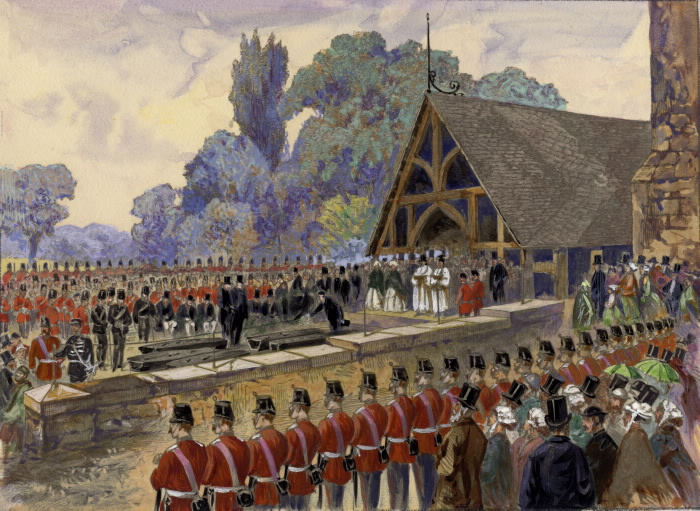......like, what?
McClellan thinks he can negotiate the Confederacy back into the Union?
McClellan, still not quite living in the same world because he knows better. Though weirdly enough, up to the Fall of Atlanta in 1864, he did hold that he would support an armistice but solely on the condition of the negotiation for reunion (great article by Charles R. Wilson on the matter, McClellan's Changing Views on the Peace Plank of 1864). He was, like many contemporaries, unsure of whether the war could be won in a reasonable timeframe after four years of bloodshed, and if he won he wasn't willing to take ownership of the final bloodshed if it could be avoided, but also because he had to offer something to the Copperheads. So there was always a chance he would movw for an armistice if he thought the military situation unfavorable. OTL he would have been happy to win the election and take credit for the end of the war, which was coming anyways, but he was going to do everything he could to stifle the Radical vision of Reconstruction. He seemed to earnestly believe that there was a chance the South might see sense, but was prepared to continue the war to its conclusion.
Here in Wrapped in Flames, he is starting to draw the wrong conclusions. As I'll explain more in Chapters 108 and 109, he's seeing the soldiers hostility to him as hostility to the war (he couldn't possibly be the cause of course!). So seeing this, he thinks that perhaps the best way to win is at the negotiating table, hence his rough status quo antebellum offer, which he really should know better than after 4 years of war, and with the Confederacy doing better, is never gonna be accepted. Its not a realistic solution, but McClellan hopes it is, because looking at a map there's still years of bloodletting and grinding campaigning to come.
Of course, his upcoming plan does have merit. A conference of all the states will mean all of them, and there are more loyal than rebel states. And if they vote for no peace but reunification, McClellan can sell continuing the war because the Confederacy refuses to negotiate in good faith. But he's dealing with a wing of the party that does have peace at any price in mind, while he's not a Copperhead, he doesn't totally command their allegiance either. There's a lot of opposition to this plan domestically, and McClellan is not a politician, he really does think his directives will be carried out to the letter.
Last edited:

